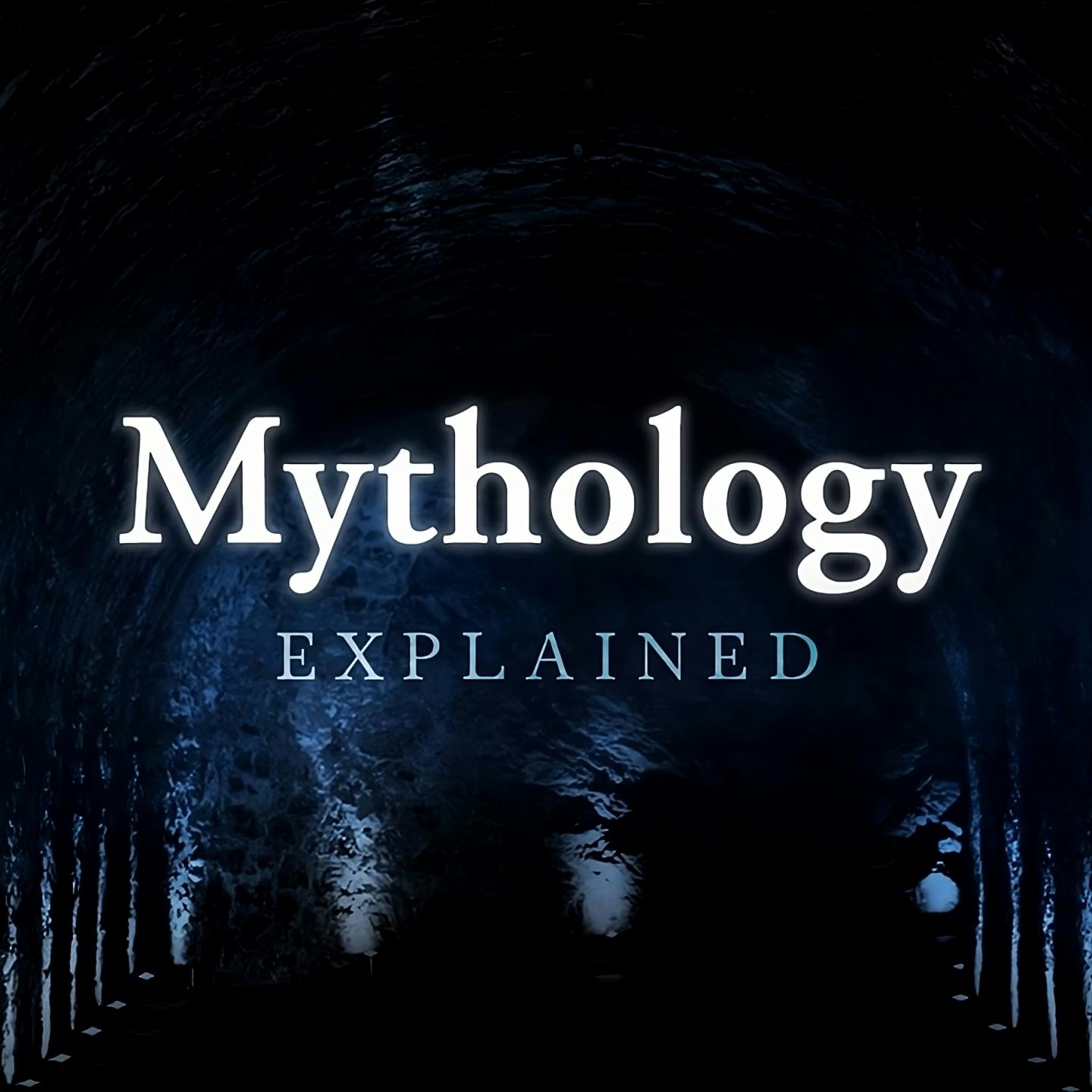
Was ZEUS Actually the Most Evil GOD in Greek Mythology? -- Greek Mythology Explained

Mythology Explained
Shownotes Transcript
Hey Everyone, welcome to Mythology explained. In today's video, we're going to explore whether Zeus was, in fact, the most evil god in all of Greek mythology. We're going to take a look at the many confrontations between Zeus and Prometheus; we're going to look at how Zeus tried to prevent humanity from enjoying meat and at how Zeus stole fire; we'll dive into how Zeus committed genocide, nearly eradicating every last human; and lastly, we're going to examine Zeus' conduct towards womenLet's get into it.Zeus didn't have a conventionally nurturing upbringing in a stable household. His dad, instead of loving him unconditionally, saw him as a future rival, so he tried to swallow him, thereby imprisoning Zeus inside himself so as to stay king forever. Following this, neither of Zeus' parents were in the picture, and the location of his upbringing - not the splendid palatial abode one would expect for the son of the king of the cosmos - was a secluded cave.In the beginning, it looked like Zeus, despite his early years, which were harrowing and fraught with mortal danger - became a good guy, a strong leader of men driven by a desire to do good and rule justly. Perhaps more accurately, though, would be to say that the darkness within him had yet to bubble to the surface, like the once-trapped noxious gas that dislodges from the muck at the bottom of some ancient, fetid swamp. Zeus grew up, freed his siblings, waged a successful war against the titans, slaughtered the giants, and finally, defeated Typhon, and with this last great conflict won, ushered in a perennial era of peace and prosperity - at least, that's what could have happened - but sadly, for humanity, this was far from the case. Instead, what we got was a series of altercations with Prometheus, all of which culminated into unearthing and revealing the dark nature that lay - for a time - hidden beneath the surface.First was the matter of sacrifice. Zeus decided, when it came to sacrifice, it was the meat that needed to be offered up, leaving only the bones for humanity, which makes a lot of sense because, as we all know, our bodies are at their healthiest and function optimally when restricted to a bone-only diet. Thankfully, Prometheus successfully executed a ruse that tricked Zeus into choosing the less favourable of the two sacrificial piles, duping the king of the gods into choosing the bones, which were dressed up in glistening fat to seem more appealing, rather than the meat, which was made unappetizing by having organs draped over it.